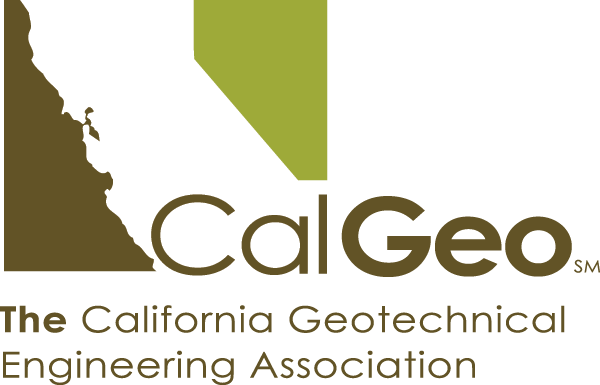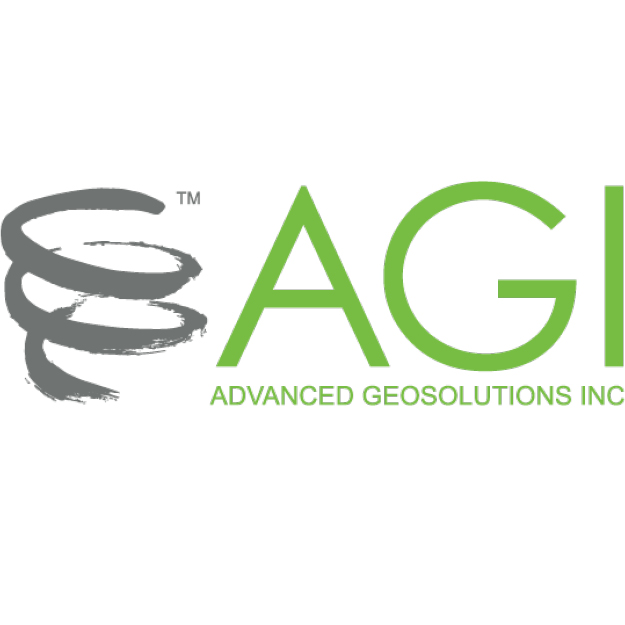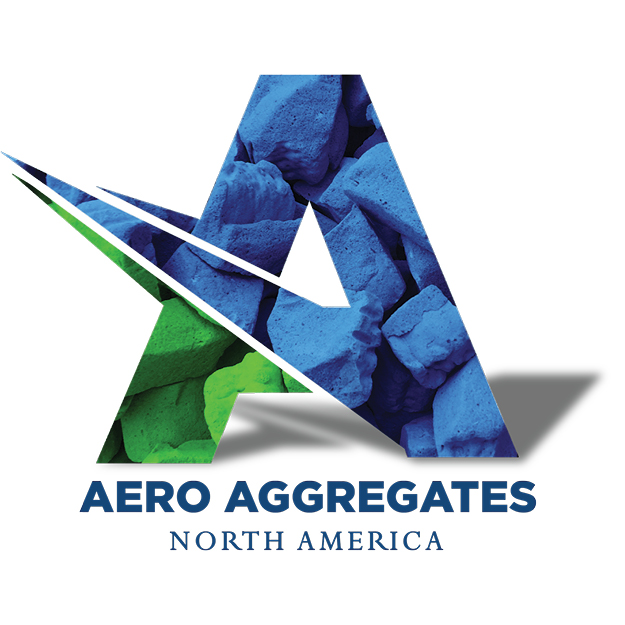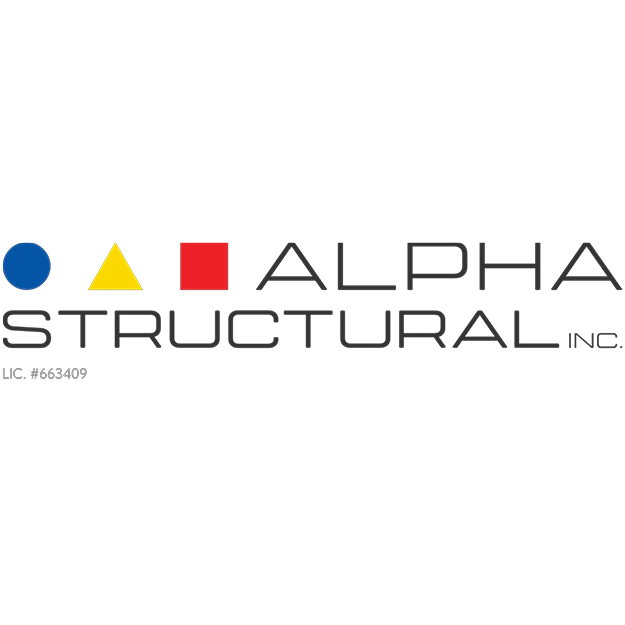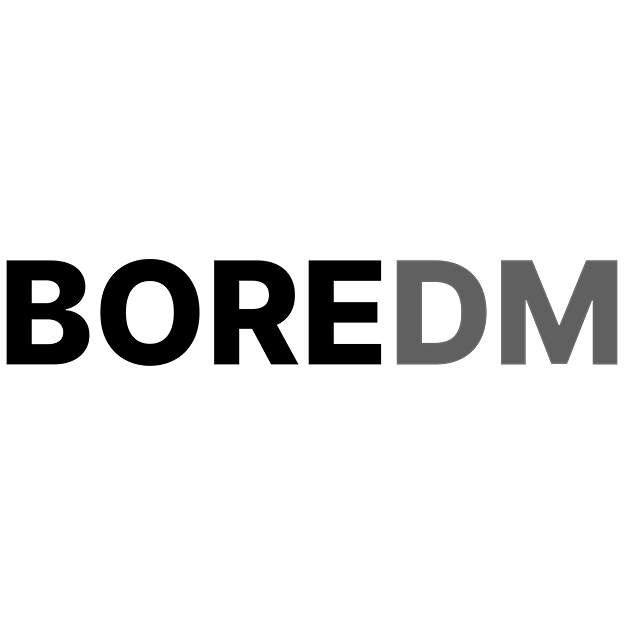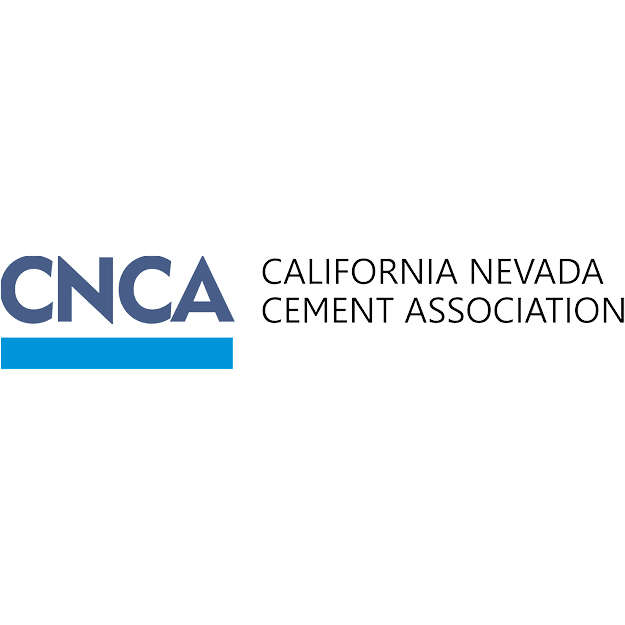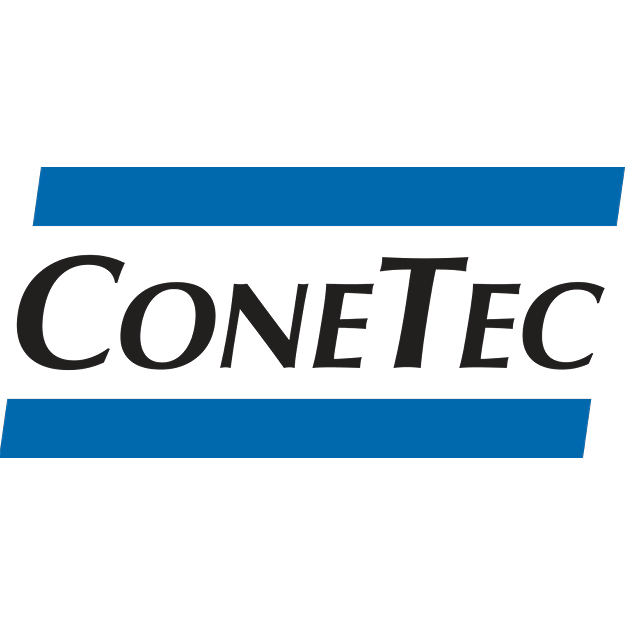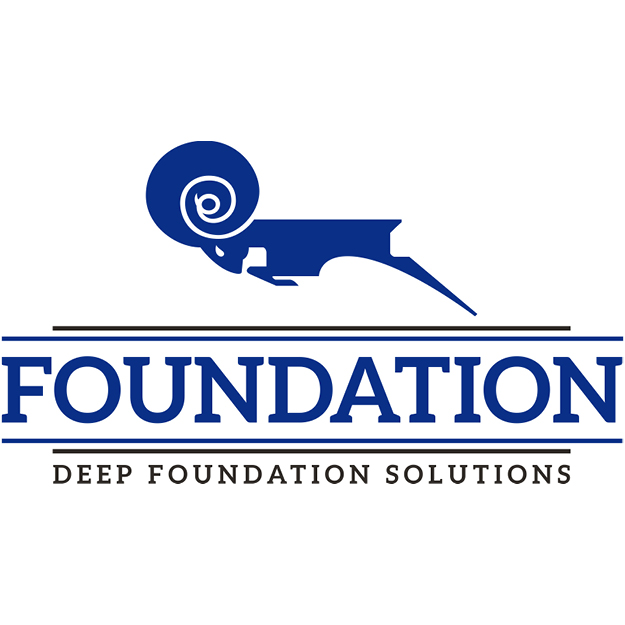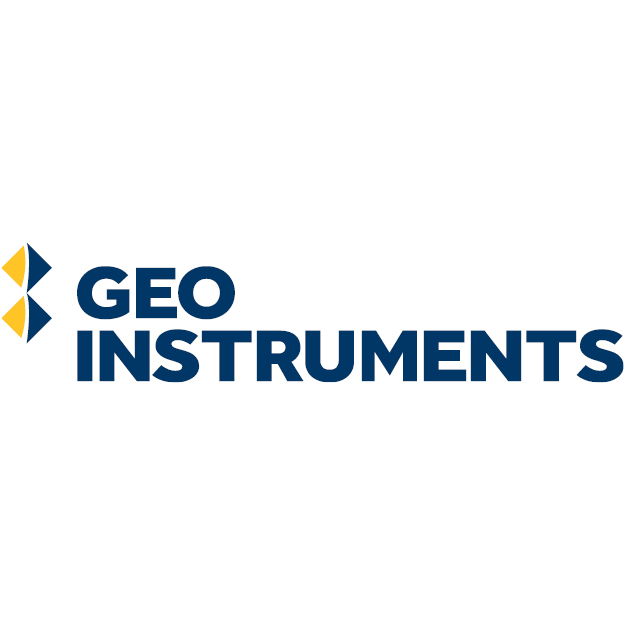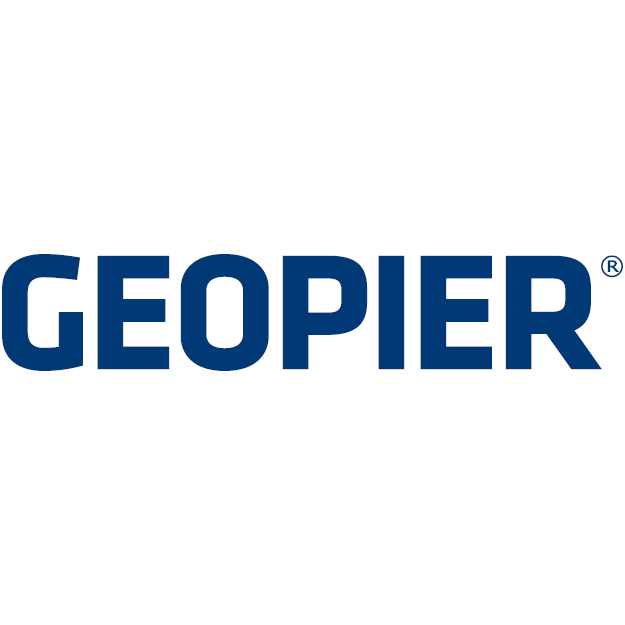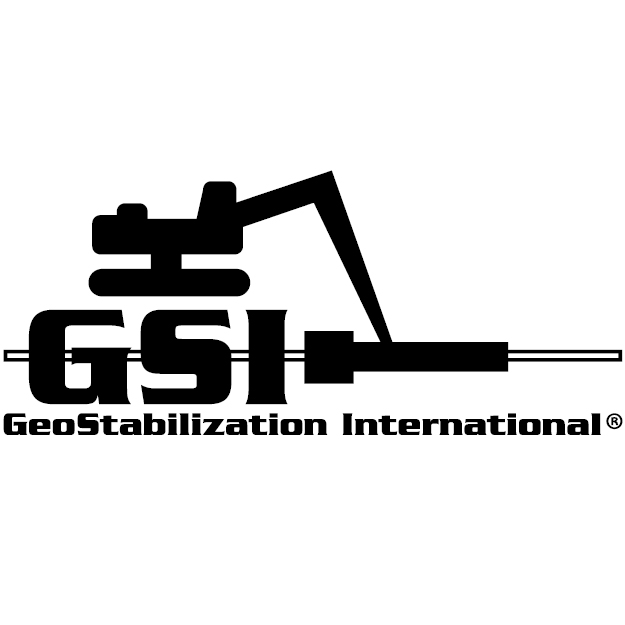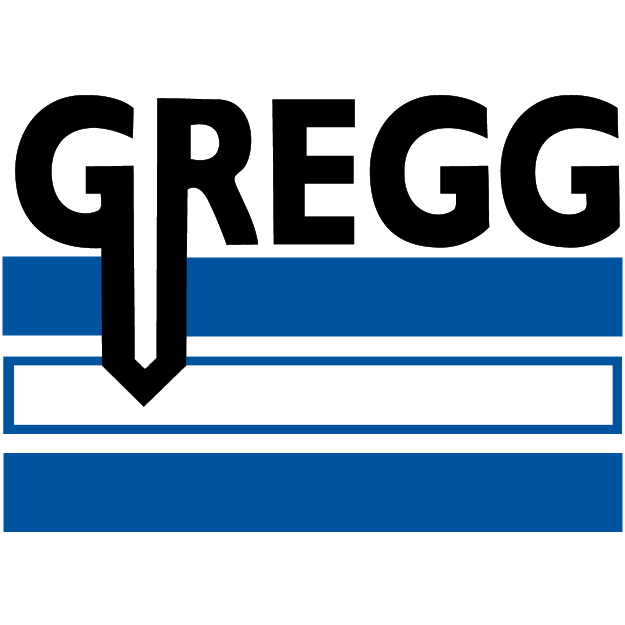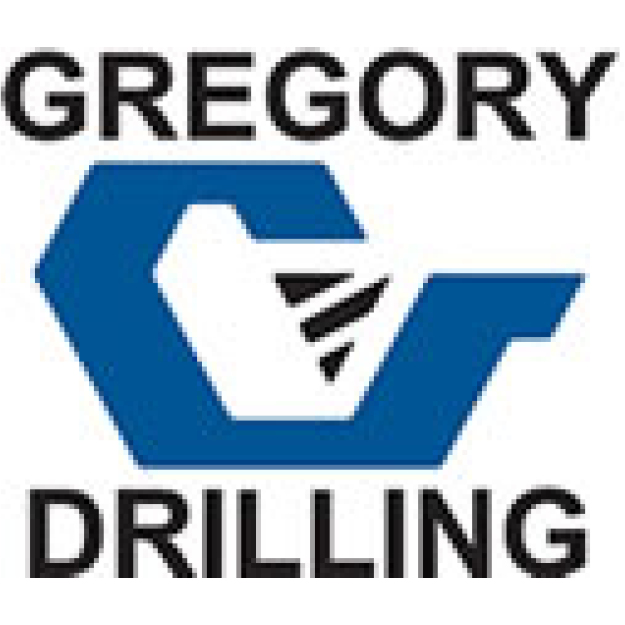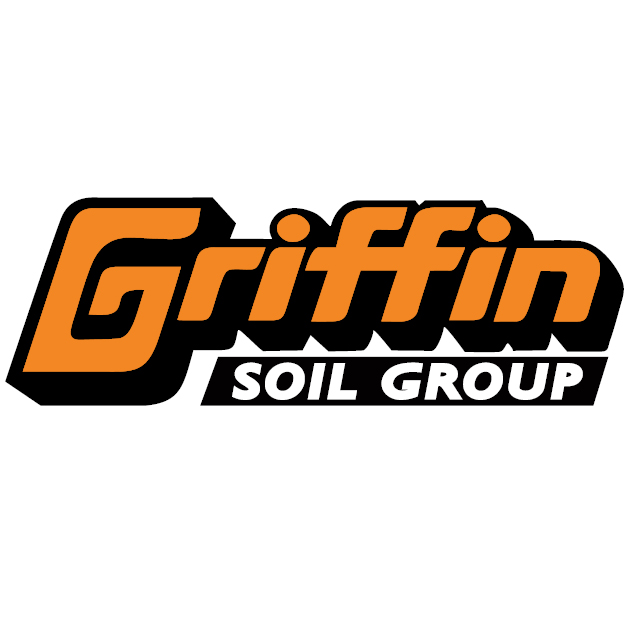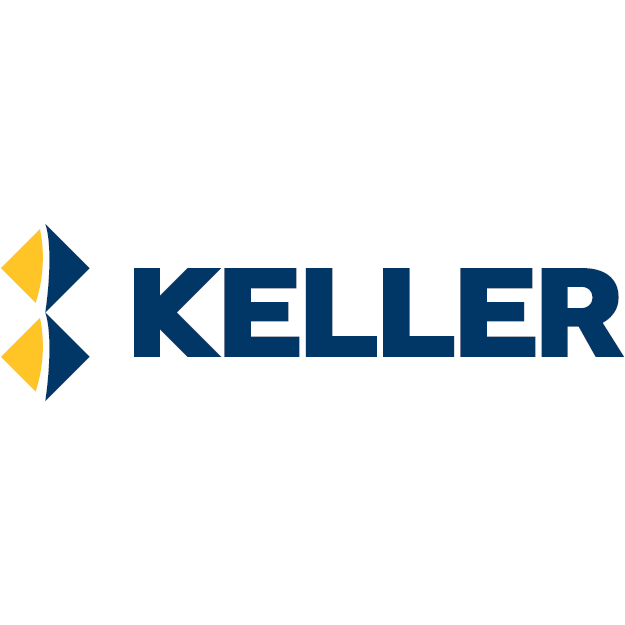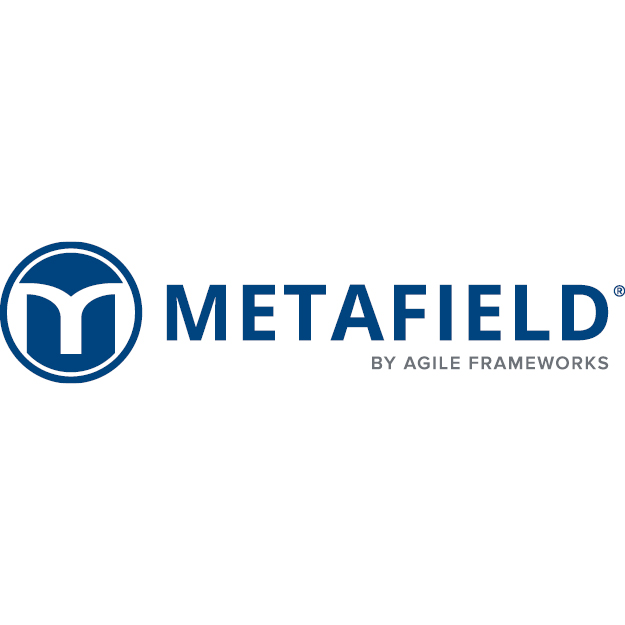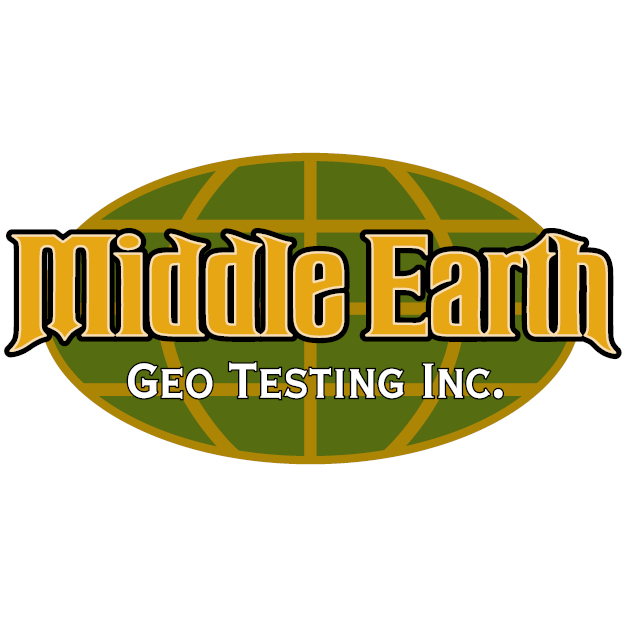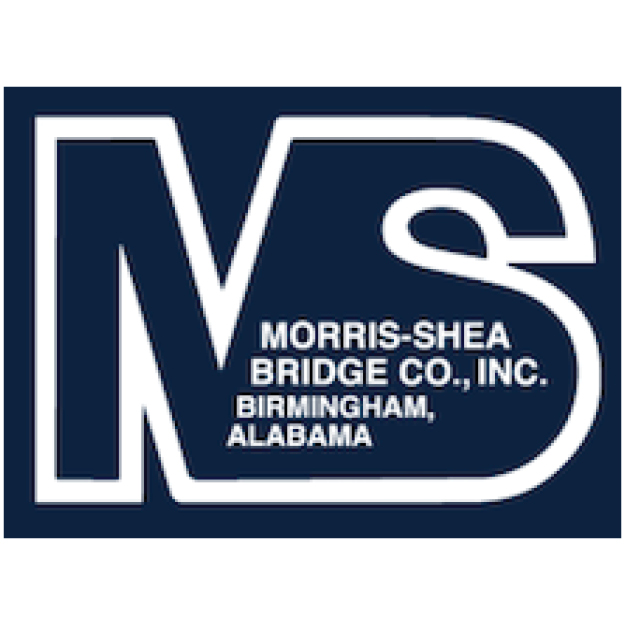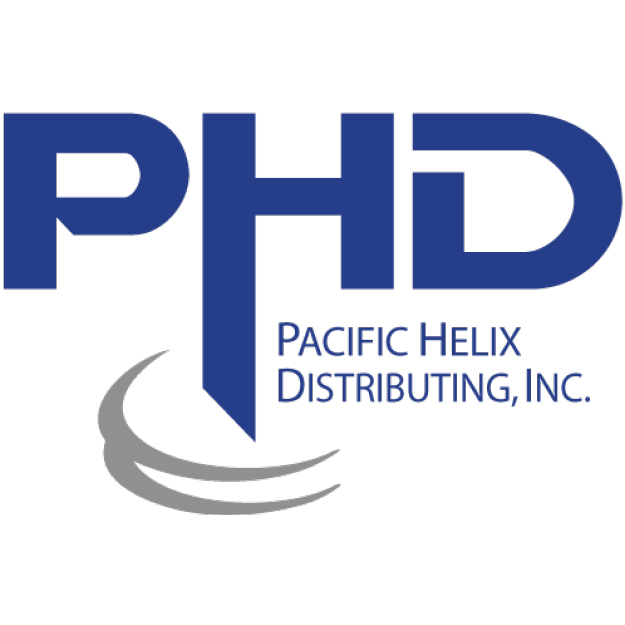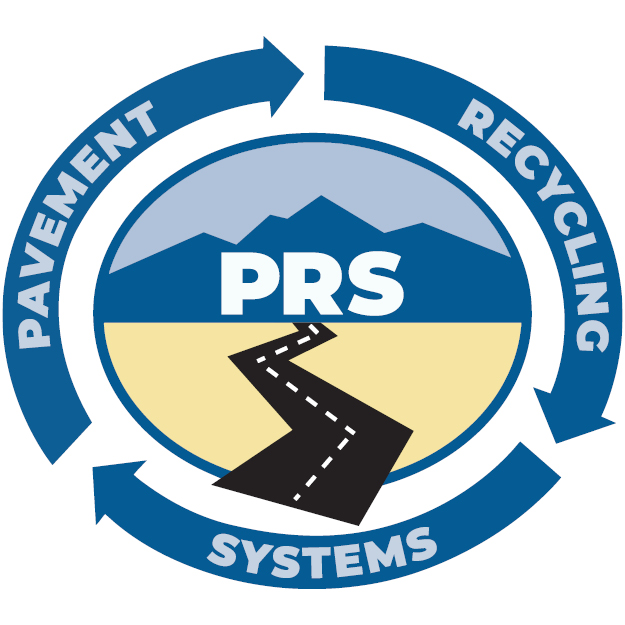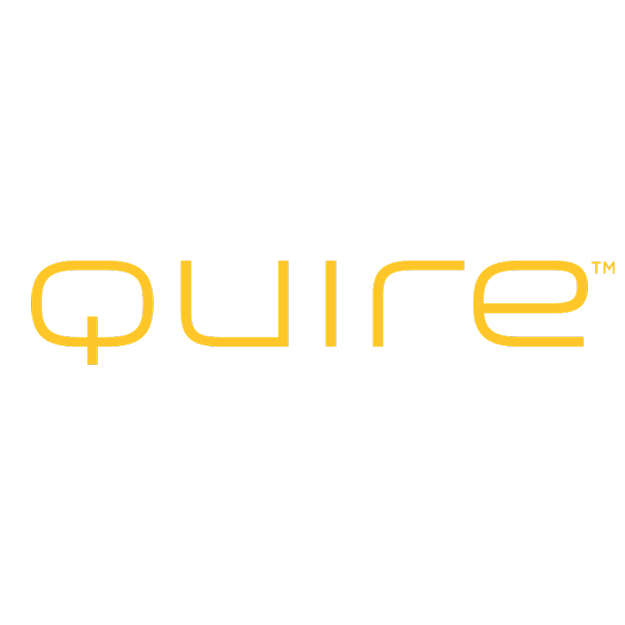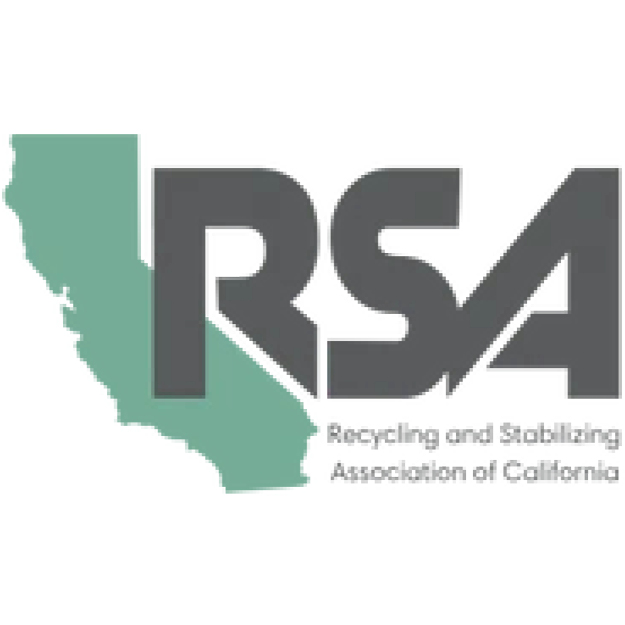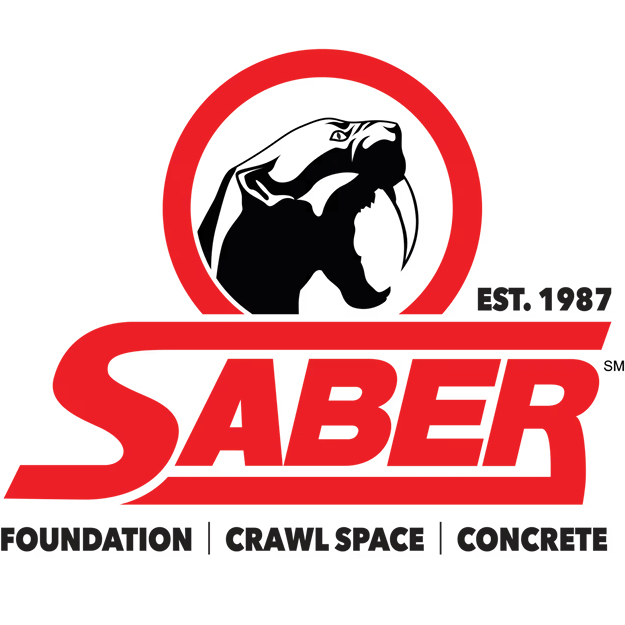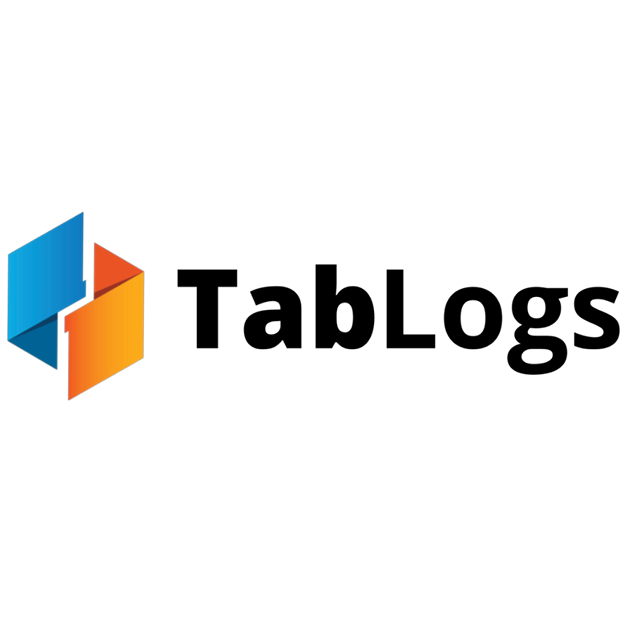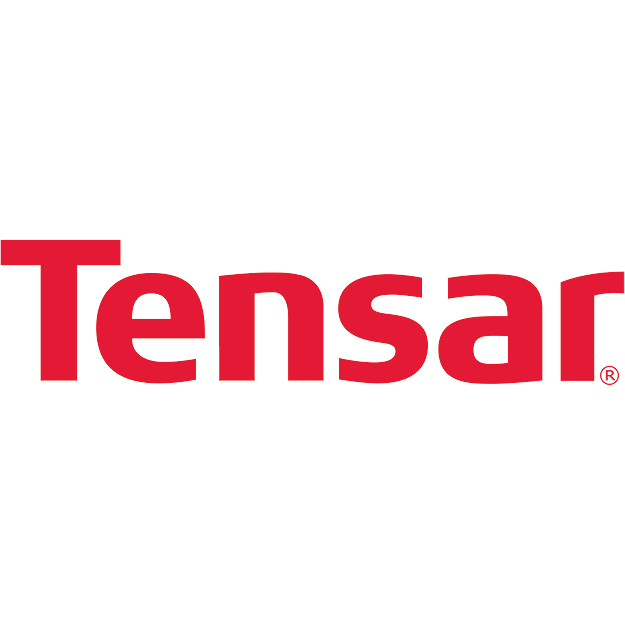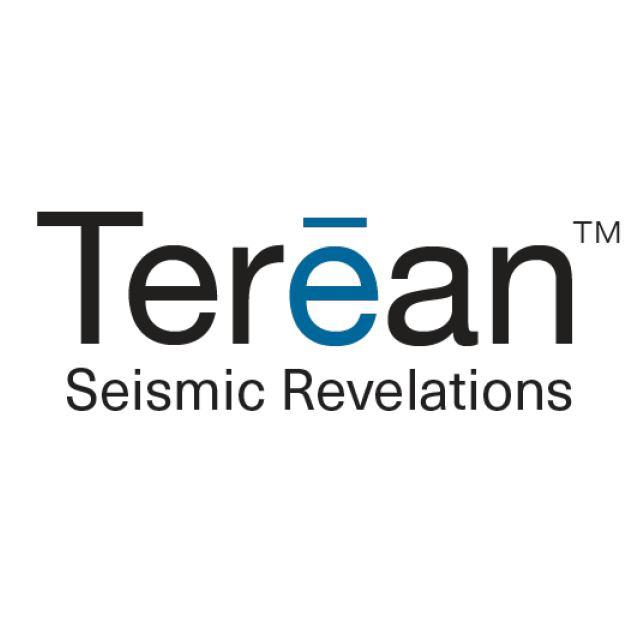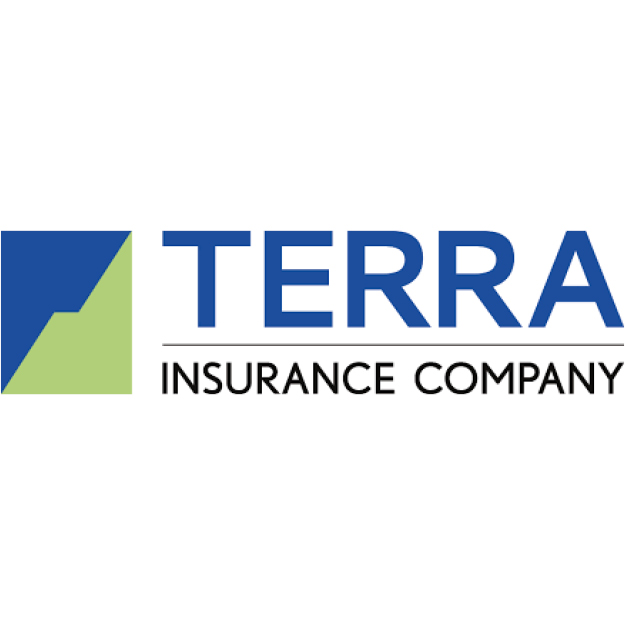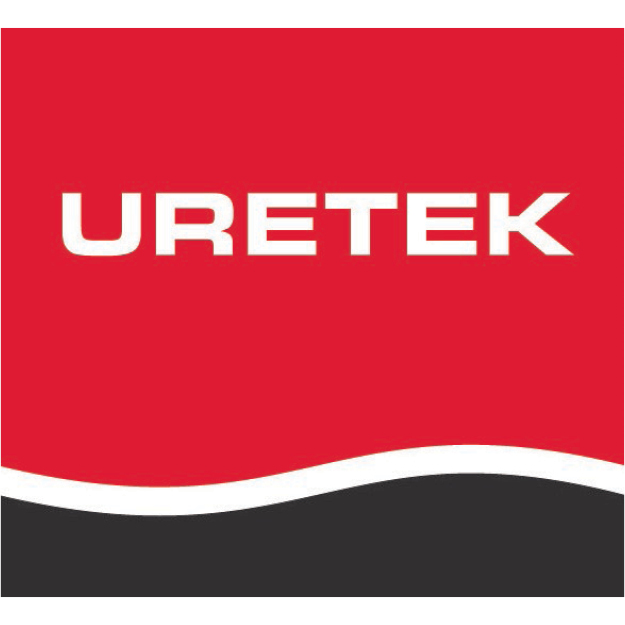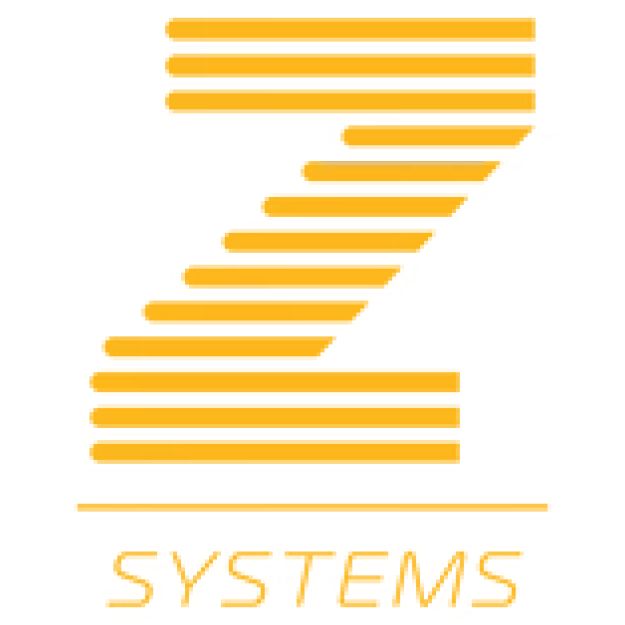CalGeo Store
PSHA 6-part Short Course on Probabilistic Site Specific Seismic Ground Motion Hazard Analysis
Dr. Norm Abrahamson presents a 6-session short course for CalGeo on Site Specific Seismic Ground Motion Hazard Analysis. Sessions include a video recording and handouts from the web series that occurred May 22nd - June 26, 2020.
Included in the course:
- Six (6) recorded webinars lasting approx. 90-minutes each with short Q&A session at the end of each webinar
- Slides from webinars
- Practice problems and solutions
- Resources such as programmed spreadsheets.
Once purchased, you will have access to the course through your login and password on CalGeo's On-line Learning Library.
Cost:
Members $375, Non-members $750
Course Outline:
Session 1: Introduction
Background
i. PSHA vs DSHA
ii. What the PSHA software is doing
iii. Understanding PSHA results
When is a site-specific is required with ASCE 7-16
How are site-specific code values determined
i. Source model – UCERF3
1. Issue for implementation in hazard codes
2. Selecting the magnitude for deterministic scenario
3. Comparison of UCERF3 with fault-specific slip-rate and mag pdf
ii. Ground-motion models
1. NGA-W2 models
2. Proper use of VS30
3. Basin effects (Z1, Z2.5)
Session 2: Background (part 2) and CMS:
How are site-specific code values determined (cont)
i. Steps for design spectra
1. Develop UHS and Deterministic spectra
2. RotD50 to RotD100
3. Risk factors – apply to UHS
4. Check lower limits
5. take smaller of the two spectra
6. multiply MCE spectrum by 2/3 for DE spectrum
CMS
i. Theory
ii. How to use CMS for site-specific spectra per CBC
iii. When should CMS be used
Session 3: Site response
When is this needed
i. per CBC
ii. when is this beneficial (i.e. when is the Vs profile from the GMPE appropriate)
Soil over rock vs Vs profile correction
i. CBC approach
ii. VS profile correction approach
1. Why this approach makes more physical sense
iii. Example comparison if time
Overview of analysis methods (equivalent linear, nonlinear) and software
i. (SHAKE, deepsoil, flac, STRATA – not getting super into detail)
Session 4: Directivity and time history selection
Theory of directivity
i. Directivity models
1. Effect on the median GMPE
2. Effect on standard deviation of GMPE
How to apply directivity
i. Range of approaches used in practice
ii. Recommended approach
1. PSHA
2. DSHA
Directivity in time history selection
i. Pulse motions approach
ii. instantaneous power (IP) approach
How do you know if you selected a good set of time histories?
i. Spectral shape
1. How much peak-to-trough variability should be included
ii. Secondary parameters
1. Duration
2. PGV
3. Arias intensity
4. CAV
Session 5: Time history scaling and spectral matching
Theory:
i. Scale factors
1. What do scale factors tell us about the ground motion
2. Use of limits on scale factors
ii. Spectral matching
1. What is this doing?
2. Is spectral matching a good thing?
Application of Scaling method
i. How much peak-to-trough variability should be in the final set?
Application of Spectral matching methods
i. How to scale/spectrally match time histories with new CBC guidelines
ii. Software that can do this
Session 6: Summary and Example Site-Specific Analysis
45-hr Probabilistic Seismic Hazard Analysis Full-Length Online Course
Presented by Dr. Norm Abrahamson, UC Berkeley
Our short 6-week PSHA course was so popular last year, we've been asked to provide a full length 40-hour version for those looking to deepen their knowledge of Probabilistic Seismic Hazard Analysis.
This course will follow the same outline as Dr. Abrahamson's course at UC Berkeley that is held every 2-years with the following differences:
- Course will be tailored to practicing engineers and practical applications
- 45-hr professional development certificate of completion at the end for all attendees. No university course credit.
- Cost savings compared to auditing a UC Berkeley class
- Available to anyone!
- Sessions will be recorded to allow for flexible learning accommodating a work schedule
Cost:
CalGeo Members $2500, Non-members $3000. Still not a member? Join now and also get a full year's access to our Online Learning Library of recorded webinars.
2021 Course SOLD OUT. Contact CalGeo for more information on 2022 registration & Dates
|
